Blog
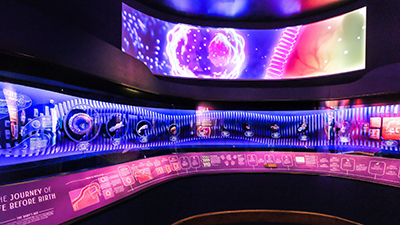
Fertilization vs. Conception—What’s the Difference and Why Does It Matter?
Medically speaking, what do conception and fertilization mean, and why should people know the difference?
Learn More
New Identity Exhibit, Radiance, Coming to the Creation Museum
What do death, taxes, and Easter have in common? Find out at our Easter Living History event, March 29–30, 2024!
Learn More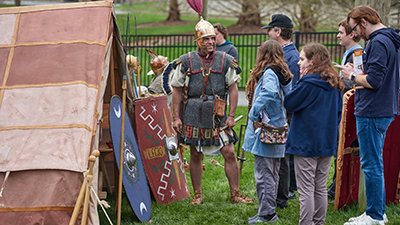
Death, Taxes, and . . . Easter?
What do death, taxes, and Easter have in common? Find out at our Easter Living History event, March 29–30, 2024!
Learn More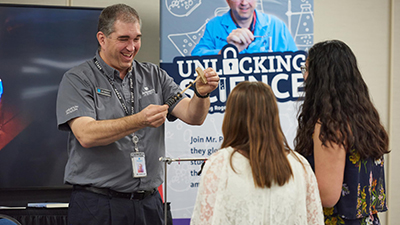
Atheist Turned Christian
Roger Patterson, Education Specialist for Answers in Genesis, was an atheist and trained as an evolutionist when he was in university. So, what changed?
Learn More
Was Lucy Our Ape-like Ancestor?
Lucy was once considered to be a “missing link” in human evolution.
Learn More
When Does Life Begin?
The Creation Museum boasts a powerful pro-life exhibit, Fearfully & Wonderfully Made, which answers important questions such as, “When does life begin?”
Learn More
Does the Bible Teach that the Earth Is Flat?
You would think that if the Bible clearly teaches the earth is flat, there would be a verse somewhere that says, “The earth is flat,” but there isn’t.
Learn More
The Eden Animal Experience Is Expanding!
Beginning January 3, 2024, the Eden Animal Experience temporarily closed for exciting renovations as we transition to an expanded zoo with more animals.
Learn More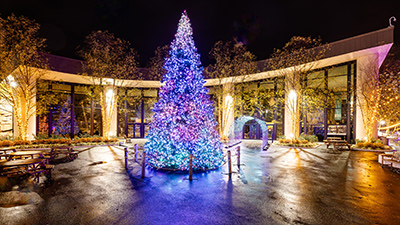
Behind the Scenes of ChristmasTown
Have you ever wondered what goes into setting up for our annual ChristmasTown at the Creation Museum and ChristmasTime at the Ark Encounter events?
Learn More
ChristmasTown at the Creation Museum Kicks Off Tonight
ChristmasTown at the Creation Museum kicks off tonight! This year’s event will run Tuesdays through Saturdays from 5–8:30 p.m. through December 30, 2023.
Learn More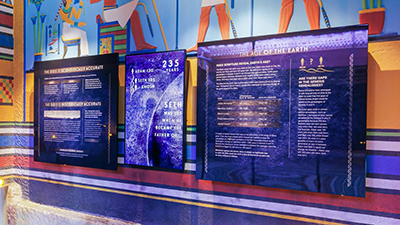
Is the Bible Scientifically and Historically Accurate?
How do we know the Bible is reliable? Our Biblical Authority exhibit answers this question and more.
Learn More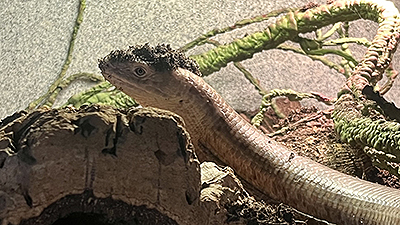
Isn’t a Legless Lizard Just a Snake?
When is a legless reptile not a snake? When it’s a lizard!
Learn More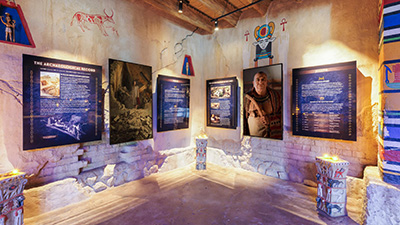
Is Tell es-Sultan Rahab’s Jericho?
The Biblical Authority exhibit highlights archaeological confirmation of certain details related to key figures from various eras described in Scripture.
Learn More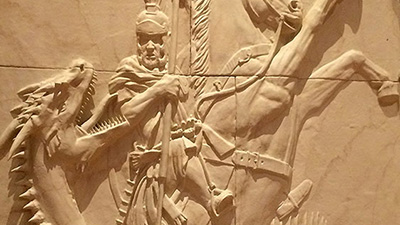
Who Was St. George?
Did you know the Dragon Hall Bookstore also has a sculpture of St. George slaying a dragon—along the wall by the main entryway?
Learn More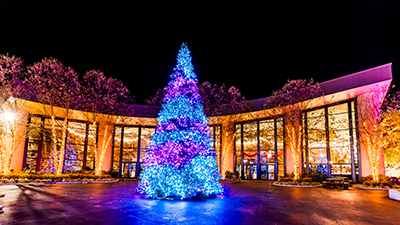
Christmas Is Coming to the Creation Museum
Fall may be just around the corner, but our grounds crews are already hard at work stringing Christmas lights at the Creation Museum and the Ark Encounter.
Learn More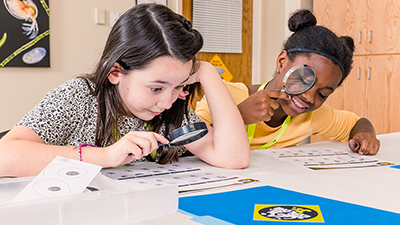
Educational Opportunities for All Ages at the Creation Museum
Join us for engaging, hands-on science programs during your visit. Finding the perfect educational opportunities for your family just got a little easier!
Learn More
Construction Update from the Creation Museum
When you visit the museum, you will see that the construction for the glass conservatory, supporting greenhouses, and Eden Teaching Center is well underway.
Learn More
We Are All Unique Creations
The process of human development from fertilized egg to birth is a matchless wonder, revealing the Creator’s awe-inspiring creativity and care.
Learn More
Meet Tansy, the New Creation Museum Tenrec
Tansy will act as an animal ambassador in our daily live animal programs at the zoo to teach guests about God’s unique design in animals.
Learn More
New Exhibit Coming to the Creation Museum
A stunning new exhibit coming to the Creation Museum will feature a dinosaur to teach about the rapid burial that occurred during the flood of Noah’s day.
Learn More
Go Behind the Scenes at the Creation Museum
Ever wonder what goes on behind the scenes to make everything happen? Now you can find out with the latest series to hit Answers TV: Behind the Experience.
Learn More
Bringing the Bible to Life at the Creation Museum
Levi helped create our Borderland: Israel in the Time of Jesus exhibit, and he has been working to bring it to life for our guests each year since it opened.
Learn More
Planning Your Creation Museum Trip Is Easier than Ever!
There’s so much to do and see at the Creation Museum, and we want to make planning your visit a smooth process.
Learn More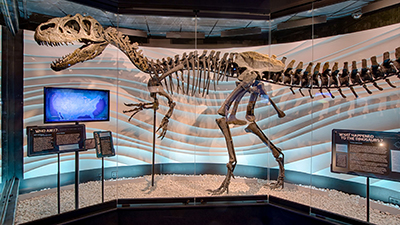
Meet Ebenezer the Allosaurus at the Creation Museum
As you walk through the Flood Geology exhibit at the Creation Museum, you’ll get to meet Ebenezer, our Allosaurus!
Learn More